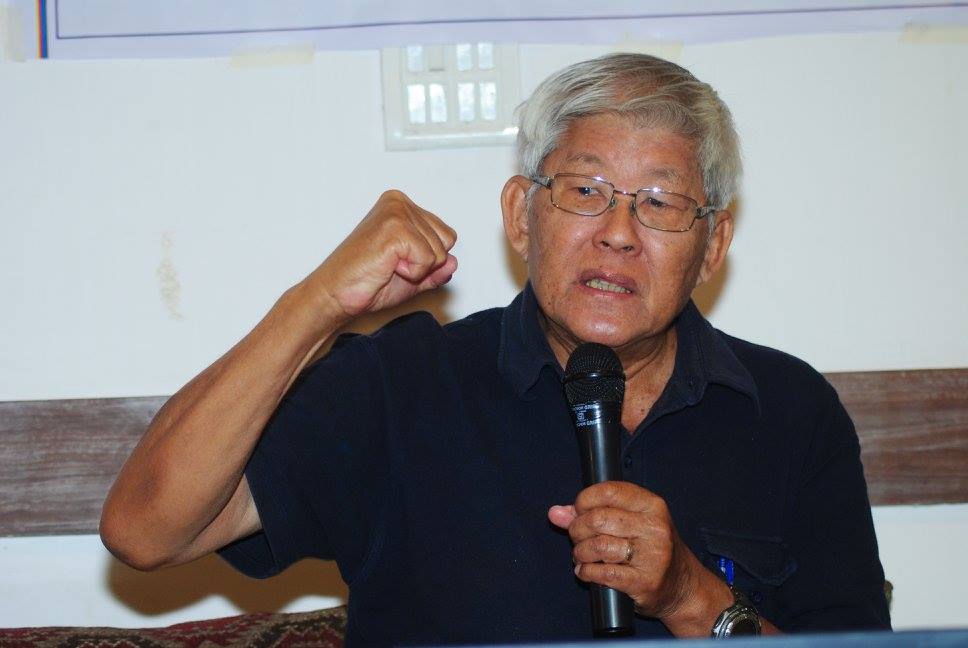Veteran architect and National University of Singapore (NUS) adjunct professor Tay Kheng Soon joined the heated discussion on whether Singapore needs to implement a minimum wage that was reignited when Workers’ Party (WP) chief Pritam Singh pointed out how the Government’s Progressive Wage Model (PWM) was taking too long to uplift the wages of the nation’s least paid workers, earlier this month.
The PWM, which has been positioned as a “minimum wage plus” initiative by the Government, takes a sectoral approach to lifting the wages of Singapore’s least-paid workers.
Calling on the authorities to implement a universal minimum wage set at S$1,300 – the amount which the Government estimates is required to meet basic needs – per month, Mr Pritam highlighted that the PWM has only been applied to three sectors in the eight years it has been in force.
His call sparked a fierce debate in Parliament, with members on both sides of the aisle joining the fray. Members of the ruling People’s Action Party (PAP) argued that implementing a minimum wage can handicap or kill small-medium enterprises and lead to greater unemployment, especially amid the Covid-19 pandemic.
The Government also established that about 100,000 workers earn below S$1,300, during the debate. After Workfare disbursements and Central Provident Fund contributions by employers, 56,000 workers – 32,000 of whom work full-time – earn less than S$1,300, which is what the Government estimates is required to meet basic needs.
The WP held that it is not acceptable for any number of workers to earn lower than a liveable wage, no matter how small the numbers, and has asked the Government what the harm is in rolling out a minimum wage to these 32,000 full-time workers in a parallel initiative as it works on expanding the PWM.
The debate on minimum wage extended beyond Parliament and has emerged as one of the hottest topics in Singapore, both online and offline, in the ensuing weeks. In the midst of the discourse, noted architect Mr Tay revealed that he is a proponent of minimum wage.
In Facebook posts published on 21 Oct, less than a week after the debate in Parliament, Mr Tay wrote: “The minimum wage model is an entitlement, it diminishes political control on which the progressive wage model depends.”
He added: “Entitlement is not a dirty word. Citizens are entitled to a passport, justice under the law and security protection from invasion.”
Elaborating on this thought in another post on 24 Oct, Mr Tay said: “Entitlement is not a dirty word: if the top are entitled to super pay, why the poor are not entitled to minimum pay?”
More recently, on Wednesday (28 Oct), Mr Tay again advocated for a minimum wage and wrote: “Someone with minimum wage can climb any skills ladder that comes along because he or she has a foot on the first rung”
He was referring to the Government’s stance that the PWM is superior to any minimum wage since it is pegged to a skills ladder, wherein wage increases have to be justified by an improvement in skills and productivity.
“Sigh….” — Ho Ching’s response to Jamus Lim’s clarification on minimum wage
Ex-NUS associate professor: How can anyone survive on less than S$1,300?
Koh Poh Koon’s stand against minimum wage is commonsensical: K Shanmugam

